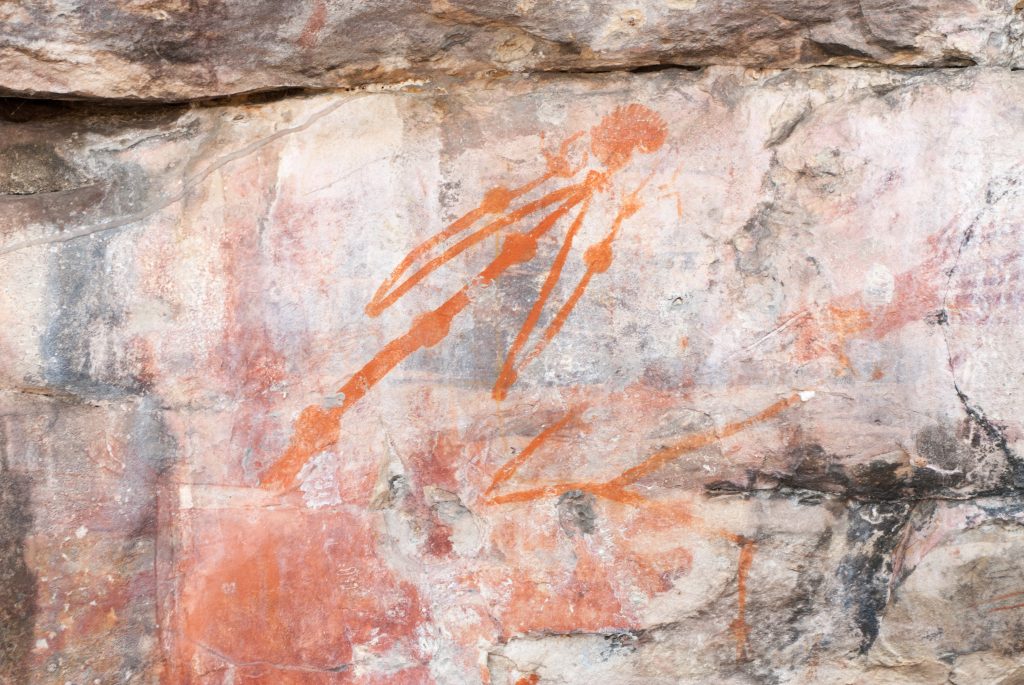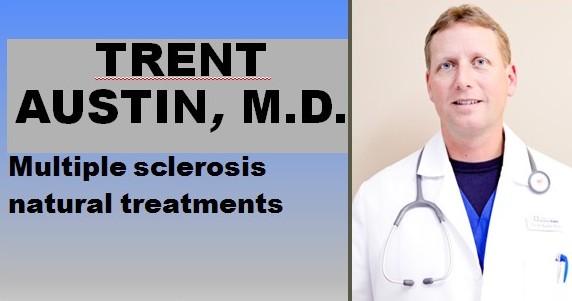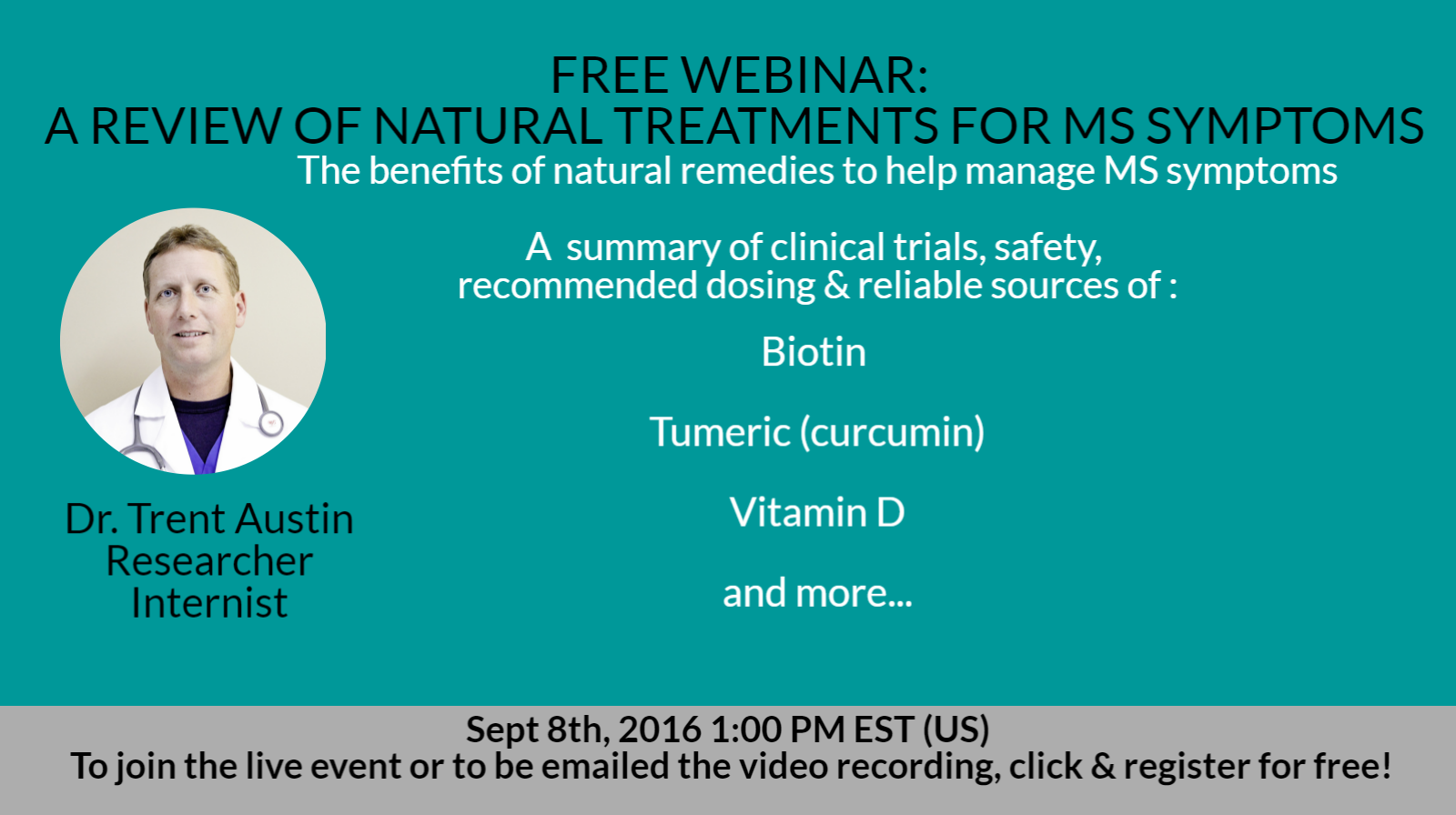
MS and the Paleo Diet
While doing some research on the internet for another multiple sclerosis blog post I came across a very interesting article about MS and diet. The article explained that Jack Osbourne was using the Paleo diet as a way of treating his multiple sclerosis. You can read more here http://www.examiner.com/article/jack-osbourne-talks-with-dr-oz-about-his-multiple-sclerosis-and-paleo-diet.
As long time readers of this blog know we are very interested in natural treatments for multiple sclerosis (you can read a previous blog on the subject here https://patienttalk.org/?p=1152) so we thought we would investigate the Paleo diet further.
So what is the Paleo diet?
Well its other name “the caveman diet” which rather gives the game away. The Paleo diet (or Palaeolithic diet) is based upon the idea that the most suitable and healthy diet for a human is the one eaten by our ancestors before the dawn of the agricultural age. The idea being that one should try and eat a diet which can either be hunted (meat or fish) or gathered (mushrooms, fruits and berries etc.). Obviously such a diet will be low on carbohydrates. Followers of the diet typically drink water and also prefer their meat to be additive free. In practice people following the Paleo diet eat meat and fish but try to avoid grains and pulses.
Okay all fine so far but how does this help people with multiple sclerosis? According to its fans it can help with the symptoms of MS and other autoimmune conditions.
The rationale is that the changes in human diet over the last, say, 10,000 years have led to the rise of various different conditions in particular those associated with digestion such as celiac or IBS. Further the view is taken that an improved diet can assist with diseases which were rare (or perceived as being rare) before we turned to agriculture for our food. And this includes multiple sclerosis.
A quick trawl around the internet will give you plenty of examples of people who feel that they have improved since taking up the diet. And this is where you come in. We are really interest in your experiences with the Paleo diet for multiple sclerosis. Good or bad!
It would be really useful if you could share your story with other readers. In particular it would be great if you could focus on the following questions.
a) When were you diagnosed with multiple sclerosis?
b) How long have you been using diet as part of your treatment for MS? What sort of diet do you use?
c) Do you use the Paleo diet?
d) Could you describe a “typical” day’s menu?
e) How successful has the diet been?
f) How difficult or otherwise is it to keep to the diet?
Please can you use the comments box below to add your answers? Feel free to add any links or any information you think will be of interest to other readers.
Many thanks in advance.




